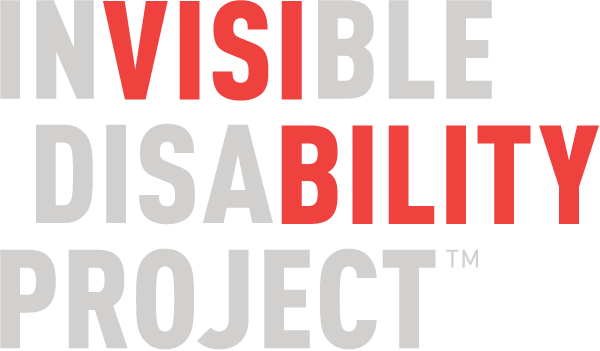Normal Really Is a Fantasy
Guest Zine By Cheryl Green, Who Am I To Stop It
Guess what I came home to? A Tweetstorm from my proud disabled comrades decrying a rough-sounding panel at South by Southwest called “End of Disability?” Sure, the panel included two people with disabilities, but that doesn’t mean the rest of us have to like it. It also doesn’t mean we have to stay silent about it even if we didn’t attend in person.
Why? Because the panel centered on a tech company’s work. And this is not work to advocate for or create a more accessible world. It’s to engineer fewer disabled people. Also, there wasn’t a ramp to the stage, and one of the panelists had to be carried off because she couldn’t do the steps. Also, there were people at SXSW who would have been included in the events had there been live captioning or ASL interpreters, but the conference offered none. I’ve seen at least one outrageously amazing documentary on disability that premiered at SXSW, and the film screenings bring money to the festival. Yet they still have a panel to advocate engineering us away. SMH.
I wanna be clear with my support of the “Normal Is A Fantasy” statement. For some people with impairments, like those in the panel on ending disability, the idea of fantasy is a positive thing, a dream to try to make a reality. For others of us, fantasy means that it is imaginary, not part of everyone’s reality, and therefore, not something that we should be expected to strive for.
Am I in favor of vaccines, medicine, rehab, and technology that increases accessibility or eases pain or helps people reach their dreams? Sure I am. I’ve used all these things. But here’s where I separate from the people in support of erasing disability.
This is eugenics. I am a Jewish person with disabilities. I do not advocate for eugenics, something that was practiced on my ancestors through Nazi violence. FYI, the Nazis got their research from the U.K. and us in the U.S. And even though many people will have you believe Jews were the only targets, please don’t forget about the Romani, LGBTQ people, people of color, and Catholics…. Meanwhile, the U.S. has a long history–that is not only in the past–of eugenics practices targeting poor people, Indigenous people, people of color, women, disabled people….
I do not advocate for eugenics.
If you disagree with or don’t like what the Nazis did in their goals of creating an exclusive master race, have you considered that modern arguments of eradicating disability still use the same lines of reasoning as the Nazis? And that hidden behind goals of eliminating disability are always arguments for getting rid of Indigenous people, people of color, poor women, people who don’t fit into the tidy gender binary, and people who’ve been incarcerated or institutionalized?
I believe that we can work for a society that includes fewer barriers, less hostility, and more health. My problem is that eugenics movements tend to focus only on the health aspect, and they often don’t question their hostility towards anyone who’s not the picture of white, heterocis health. Kim Sauder recently pointed out that focusing on a desire for all people to act in the same way, “ignores how disabled people are held up as bogeymen in discourses around health particularly around discussions of dieting and exercise. People are told to eat well and exercise to avoid the spectre of disability but disabled people are routinely denied access to healthy food and exercise and then shamed for our perceived unhealthiness.”
I’ve given speeches advocating for people to wear helmets, stay safe, and prevent brain injury. I am in support of people with brain injury getting every shred of medical care and rehab they want and need. Most people don’t, especially if you are poor, not white, are incarcerated, or live in a rural place. But I will not sit by silently, wishing to join the “normal” club if being normal means I’m part of the eugenics movement that asks those of us with disabilities to detest ourselves, wish everyone like us were dead or prevented from being born, or any of the other violence tucked quietly behind calls for increased health and a master race free from “defects.” Boo to that. Normal is a fantasy.
I love my proud disability community. I love people who wish they didn’t have their disability. I love people without disabilities. I don’t call for the erasure or eradication of any group of people. I do not advocate for eugenics.
This article originally appeared on the Who Am I To Stop It blog, on March 16, 2017.

